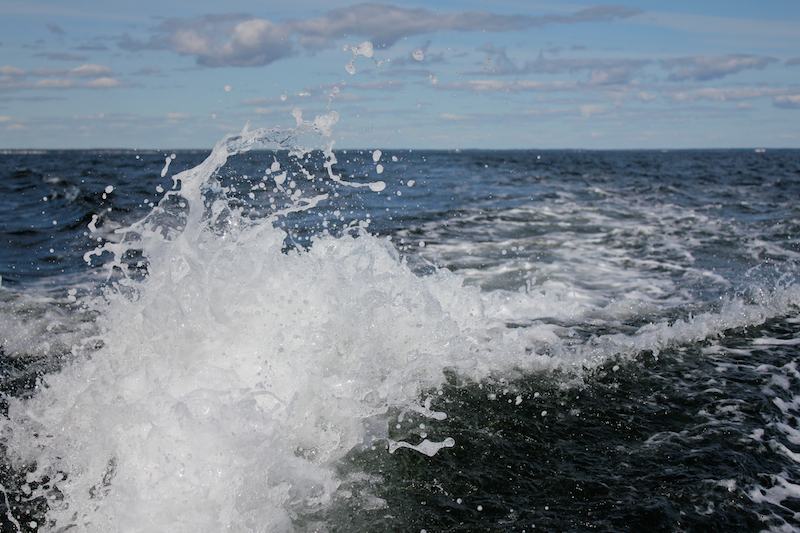
State of our lakes: geography is destiny
The following is from David Lobb, professor of soil science and senior research chair in the watershed system research program at the University of Manitoba. On May 15, the University of Manitoba signed a Lake Friendly Accord, pledging to reduce nutrient loading to waterways.
Manitobans have a strong connection to the Province’s waterways and waterbodies; its creeks and rivers, and its wetlands and lakes, and to the north, Hudson Bay. This connection has it roots in lives of the Indigenous peoples, and it is ever present in the lives of the many peoples that have followed.
These waters continue to be a critical resource in the Province’s development, providing a means of transportation and trade, sustaining hunting, fishing and, most recently, hydroelectric industries. Our appreciation of our water resources and their management is always piqued during periods of droughts and floods. But, it is the health of our largest waterbody, Lake Winnipeg, that has turned public concern into action. The eutrophication of this lake has resulted in significant ecological changes, changes that threaten its future and our ability to enjoy its ecologic goods and services.
The water quality problems in Lake Winnipeg may be worse now than they have ever been, and these problems have developed over many years with many contributors and contributing factors. The management of our lakes and their watersheds is probably not much different than in other parts of North America, but our lakes are particularly sensitive to eutrophication due to environmental conditions. We live in a northern prairie landscape where the land is flat and impermeable, our climate is dry, our runoff if dominated by snowmelt, and our lakes are shallow. The solutions are not likely to be easy, quick or cheap.
The University of Manitoba, in collaboration with its many research partners, has contributed to the identification of the variety of threats to our water resources, to a greater understanding of the environmental conditions and processes that can turn these threats into serious problems, and to the development of technologies and practices that can be used remediate and protect our waters. Our students and staff study the connectivity of our surface and subsurface waters, soil erosion and sediment transport, wetland response to contamination, wastewater treatment, riparian area design and management, just to name a few research topics. Considerable progress is being made on all fronts.






